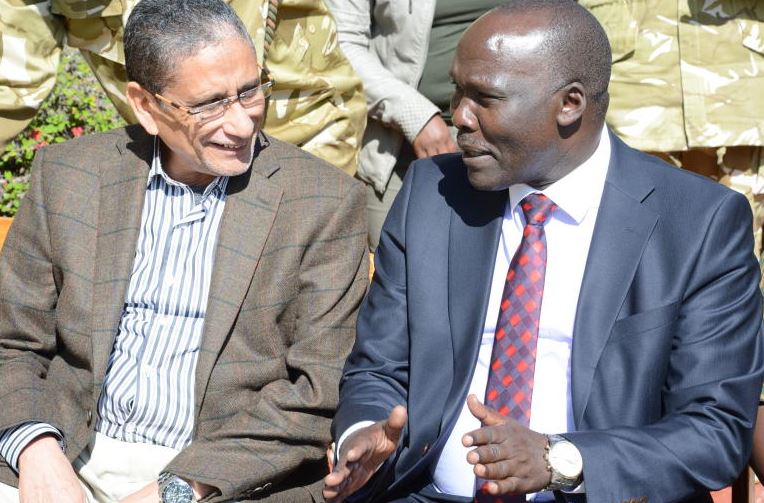×
The Standard e-Paper
Smart Minds Choose Us

The government has disbursed Sh1.2 billion in the last five years to compensate victims of human-wildlife conflict, new data shows.
The statistics from the Kenya Wildlife Service (KWS) reveal that Sh569 million has already been used to compensate 163 families whose kin were killed by wildlife.